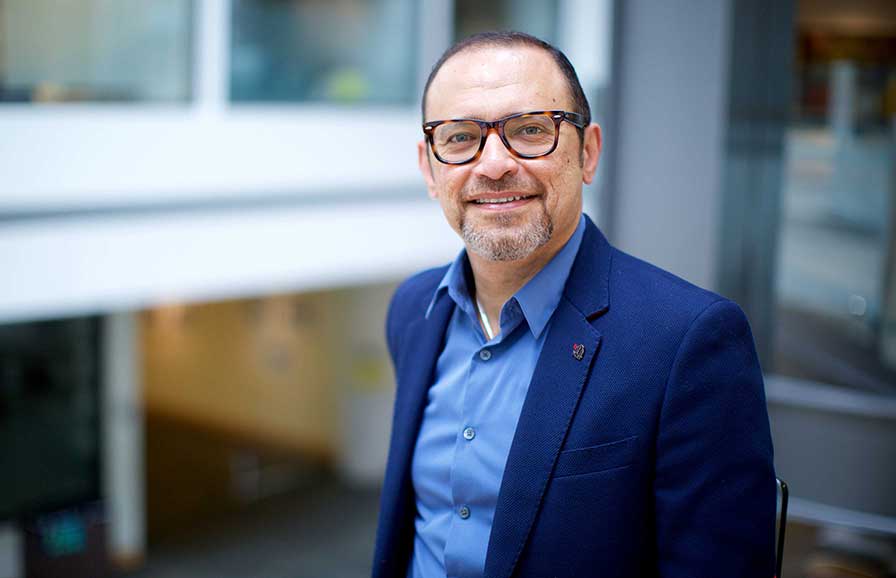Provider Background
Area of Clinical Practice
Adult blood and marrow transplantation, cellular immunotherapy, blood cancers
My specialty is autologous (donated from the patient’s own body) and allogeneic (taken from a genetically matching donor) stem cell transplantation for patients with blood cancers. I have extensive experience working with seniors and those whose situations are medically complex. Much of my time is spent conducting research; however, two months out of the year, I care for patients on the transplantation services at the South Lake Union Clinic and UW Medical Center - Montlake.
In the lab, I focus on using biomedical knowledge to develop tools doctors can use to improve decision-making. For example, my colleagues and I pioneered the first scoring system to predict the risks a transplant poses to an individual patient. This system is now widely used in clinical practice and in clinical trial design around the world. Recently, I integrated geriatric assessment (specialized assessment for older patients) into the decision-making process for the treatment of leukemia with chemotherapy or transplant. Throughout my career, I have served as the principal investigator for a number of grants and contracts awarded by the National Cancer Institute, the National Heart, Lung, and Blood Institute, the American Cancer Society and the Patient-Centered Outcomes Research Institute. I also hold a number of leadership positions with national and international organizations such as the Bone Marrow Transplant Clinical Trials Network.

